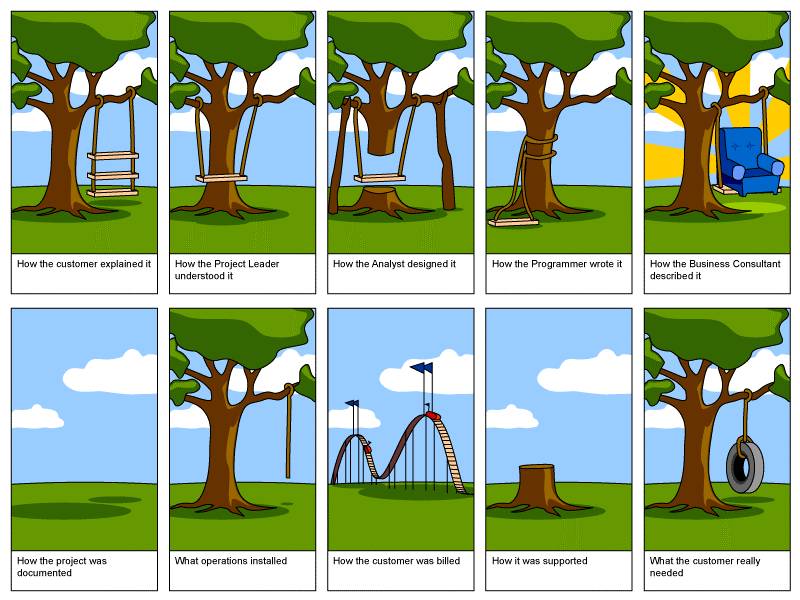If you’re looking for a way to keep up-do-date with the latest Scatmania happenings, it’s now really really easy. I’ve enhanced my weblog with a heap of useful syndication tools that make keeping track of my latest activities a doddle, even for those of you who are unenlightened and can still be caught using an awful choice of web browser.
You may have noticed that at the bottom of the Scatmania menu there’s a series of button. Most of these buttons (the top five) relate to subscribing to Scatmania, like this:
| RSS |
RSS is a popular format for syndicating news and views on the internet,
supported by most weblog communities and applications, as well as by many news sites. To view RSS content, you will need an
RSS Aggregator such as Pluck (a plug-in for Internet Explorer), RSSOwl (for most operating systems) or the attractive NewsMac
for MacOS. The Opera web browser now supports RSS feeds, too, and it looks likely that other browsers will soon follow suit.
RSS is a great way to keep up with your friends weblogs and your favourite news sites. |
| Atom | ATOM, like RSS, is a simple way to keep up-to-date with your favourite sites. Just download an ATOM-enabled newsreader (some, like BottomFeeder, can read RSS feeds as well) and point it at the sites you want to watch. Scatmania publishes an ATOM feed of the latest blog entries. |
| ESF | ESF is a small, fast, and simple new way to publish content like weblogs. There aren’t really any programs for reading it right now. Why not consider writing one (see how simple the data format is). |
| CDF | CDF, developed my Microsoft as part of Internet Explorer 4, was supposed to be the future of the way we used the web and subscribed to the services of web sites… but it never took off. However, Internet Explorer to this day provides the means to subscribe to ‘active channels’, and for Internet Explorer users, this may be the easiest way to keep up with Scatmanian events. Just click the button in Internet Explorer and Scatmania will be added to your Favourites list as a submenu, automatically adding new items (and removing old ones) as new entries are added to the blog. Thanks to Aquarionics for suggesting this reincarnation of Internet Explorer ‘active channels’. |
So, now you’ve got no excuse for not being up-to-date with my blog… or anybody elses!
The other buttons are mostly just me showing off because I can write standards-compliant code – click on them and see for yourself.


 It’s all news, today! Lots of fascinating little stories and nothing about me. I mean, who’s blog is it
anyway?
It’s all news, today! Lots of fascinating little stories and nothing about me. I mean, who’s blog is it
anyway?